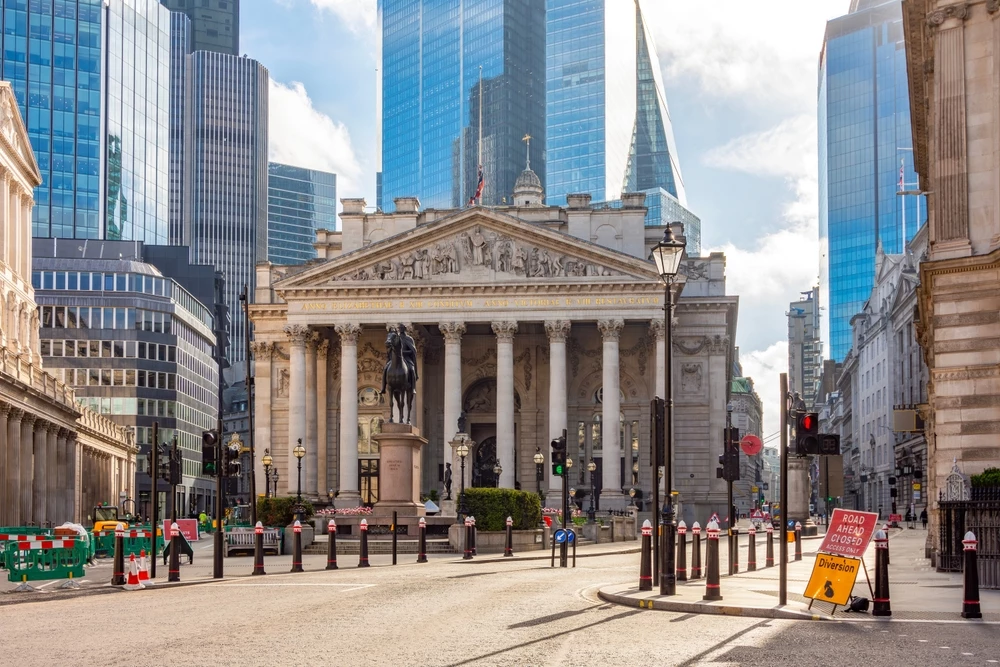
The Bank of England today cut interest rates by 25 basis points to 4.25% at its May meeting, in line with expectations. This marks the lowest level for interest rates in the past two years.
Impact of Donald Trump's Tax Tariffs
The Bank's decision was significantly influenced by the negative impact on the global economy of new customs tariffs announced by US President Donald Trump. The International Monetary Fund (IMF) recently lowered its global growth forecast for 2025 by 0.5 percentage points to 2.8% due to Trump's tariffs.
Split in Interest Rate Cut Vote
There was more division amongst Monetary Policy Committee (MPC) members than expected. Two committee members wanted a larger 50 basis point cut, whilst two other members argued for keeping rates at their current level. The decision was ultimately taken by a vote of 5 to 4.
Inflation Data and Expectations
UK inflation fell to 2.6% in March, down from 2.8% the previous month. This created a window of opportunity for the Bank of England to cut rates. However, experts predict that inflation could rise again in the coming months, potentially reaching 3.7% in the third quarter of the year.
Expectation of Further Cuts by Year-End
Market analysts expect at least two, possibly three more rate cuts by the end of 2025. Some economists predict the Bank of England could lower rates to as low as 3.5% by year-end. Financial institutions such as Morgan Stanley have made more ambitious forecasts, suggesting rates could fall to 3.25% by the end of 2025.
Impact on the Mortgage Market
Rate cuts are expected to lead to falls in mortgage rates as well. Average fixed-rate mortgage rates, which were above 6% in August 2023, have already fallen to around 5.1%. Some banks have begun offering mortgage deals below 4%.
However, experts emphasise that the vast majority of homeowners with fixed-rate mortgages (82%) won't benefit immediately from these cuts - only those whose mortgage terms are due to expire soon will be able to take advantage.
Expectations for the UK Economy
The UK economy is expected to grow by approximately 0.9% in 2025. However, the uncertain environment created by Trump's trade policies and potential trade wars is making the economic outlook more challenging.
According to Pantheon Macroeconomics chief economist Robert Wood, Trump's "Liberation Day" tax tariffs could create a "stagflationary" effect - potentially harming global growth whilst increasing prices for businesses and consumers alike.






